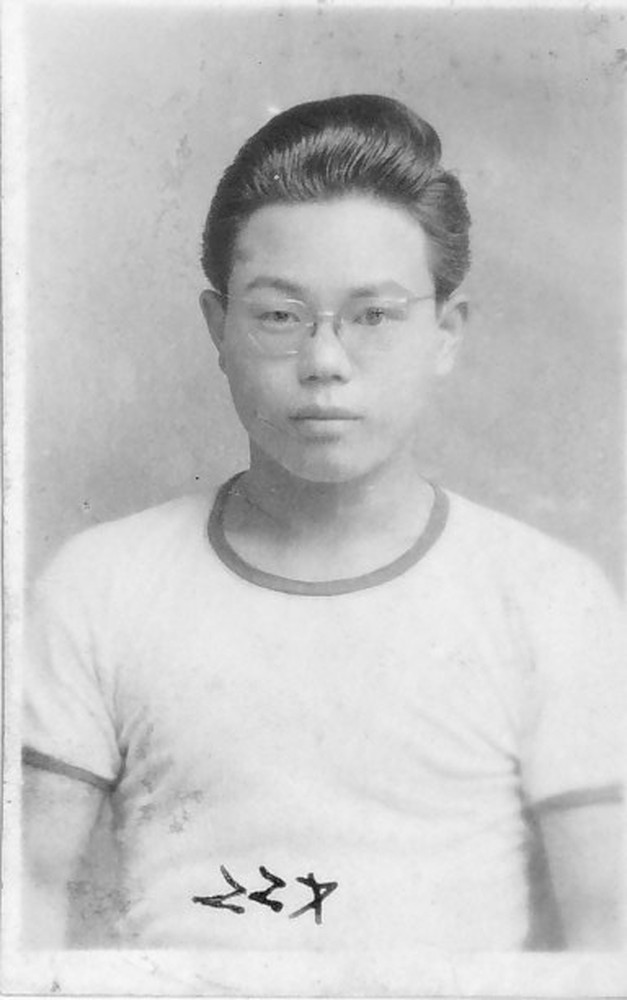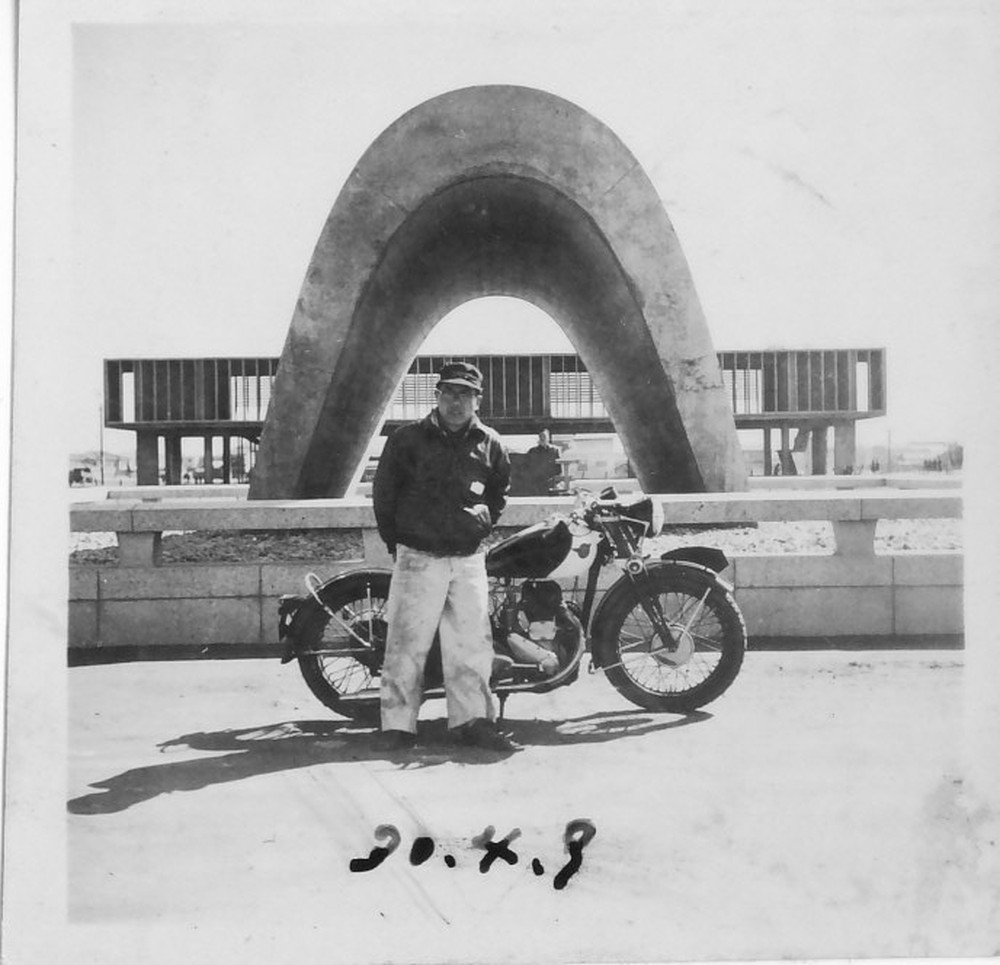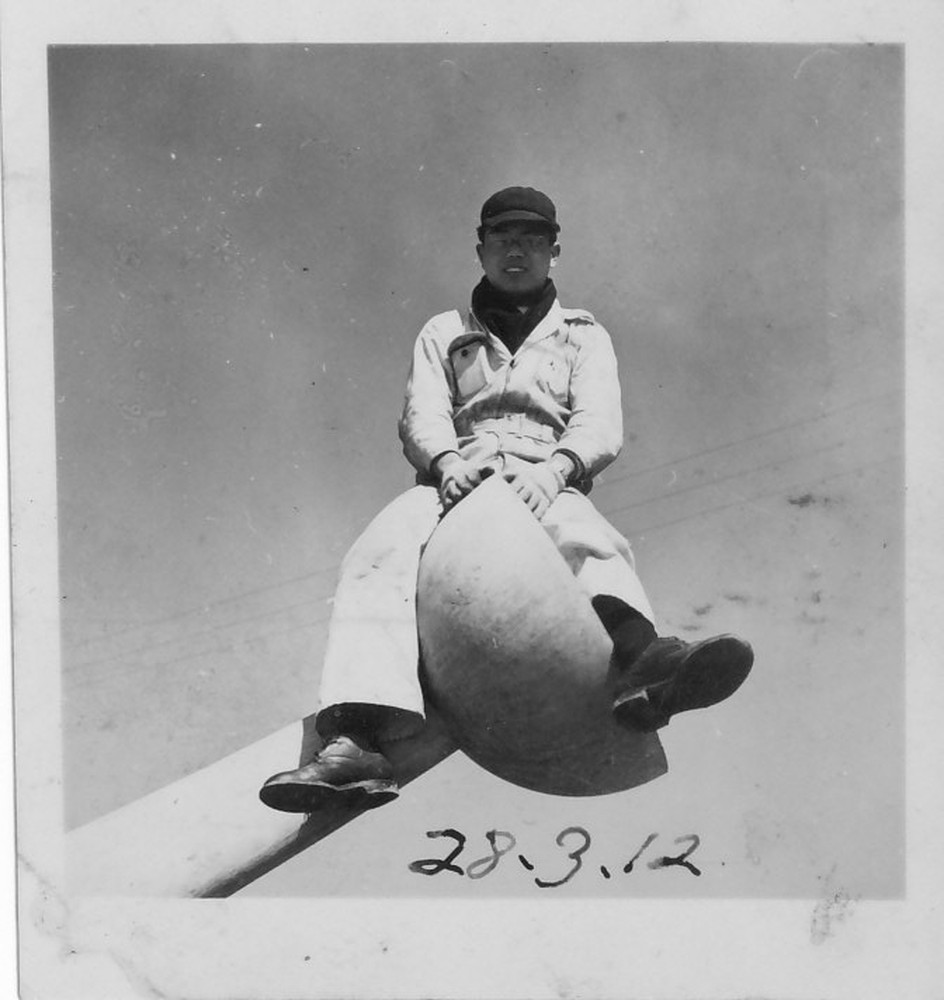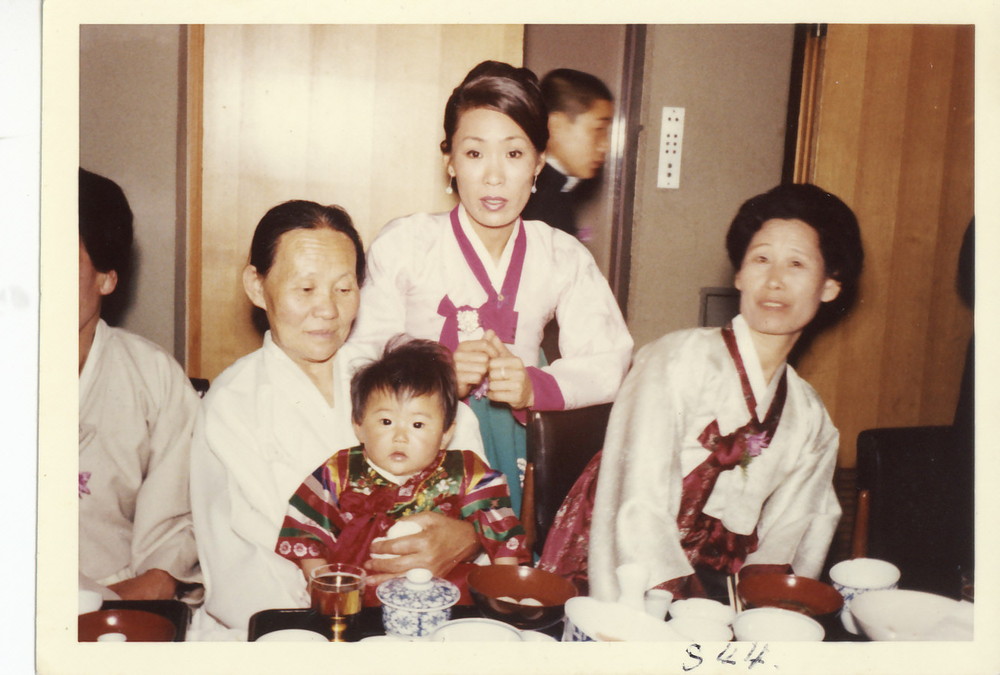Lee Jong-keun
"Don’t stay silent!"--Raise your voice!
6. The division of our motherland affected us Koreans living in Japan
When I was 30, I got married through an arranged marriage. My wife’s parents ran a used furniture shop called “Hichifuku Furniture” in Hijiyama-honmachi (Minami-ku). We asked Mr. Toyohara, who was their next-door neighbor, to be the matchmaker. Mr. Toyohara was an executive board member of Chongryon (the General Association of Korean Residents in Japan). At the wedding ceremony, the signboard behind the bride and groom read, “Wedding Ceremony Celebration: Lee Jong-keun and Cho Kija.” I was extremely surprised to see the board because I had never used my Korean name before. I used to have the last name of Uranaka until 1940, when all the Korean people had to change their names to Japanese-like ones. After that I changed my name to Masaichi Egawa. I didn’t have to use my Korean name, nor did I want to. However, Mr. Toyohara believed that Korean people should be proud of their home country and use their Korean names. I wasn’t interested in either the pro-North Korea, Chongryon, or the pro-South Korea, Mindan (Korean Residents Union in Japan), and I didn’t belong to either.
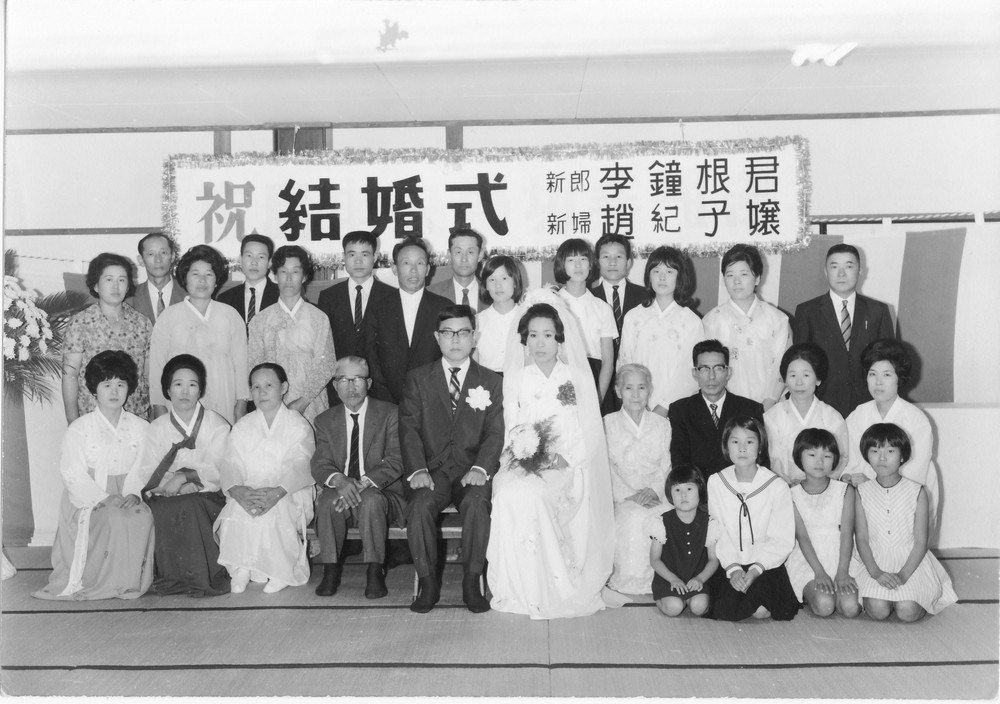
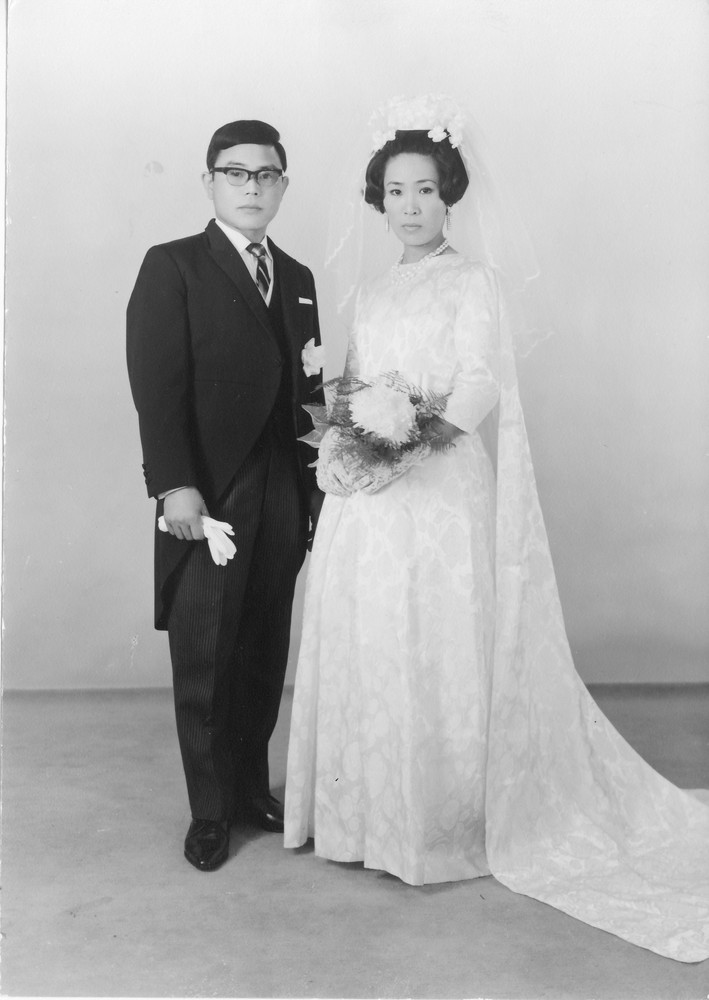
However, sometimes, when I was invited, I participated in the pro-Chongryon study sessions. I learned about what had happened on the Korean Peninsula under Japanese rule and the hardships of people from the peninsula who lived in Japan. I learned a lot that I didn’t know before.
In those days, the division of our home country had not yet reached the point of dividing the people from the Korean Peninsula living in Japan. When we came to Japan, we all came from the same one country. When we were in trouble, we lived helping each other. How could people who used to help each other in a foreign country suddenly become hostile?
At that time, both Chongryon and Mindan were engaged in a propaganda battle, appealing their own superiority, but I wasn’t interested in either. North Korea was actively promoting its country as a “Paradise on Earth,” and many Korean people living in Japan departed to North Korea from Niigata on the Mangyeongbong, not realizing that it would be a one-way voyage. When I half-joked to my dad about going to North Korea, he was angry and said that our homeland was the South. A friend of mine, despite having roots in South Korea, was attracted by their slogans and moved to North Korea. I went to Niigata to see him off. Even though he promised to write me after he settled down, he never contacted me,. If he had written to me that he was living a prosperous life in North Korea, I might have moved there, too.
When I was 38 or 39 years old, I was inspired by the used furniture shop run by my parents-in-law, and I decided to open a new shop which sold used kitchen equipment, restaurant furniture, office equipment, office furniture, etc. from stores and companies that had closed or gone bankrupt. I obtained an antique dealer’s license and opened a used furniture shop called “Ahiruya” in Funairi (Naka-ku). The shop was the first of that kind in Hiroshima. I worked as president of the shop until I retired at the age of 60.
When I was 40, I decided to take my mother to Puk Cyeon-myong, my parents’ hometown in South Korea, and went to the Korean Consulate in Shimonoseki to get a passport. However, maybe because I was borrowing money from the Chogin Credit Union, or because I was close to the people involved in Chongryon, I couldn’t get a general passport and was issued a passport that could only be used for one trip. I went to Korea several times after that, but each time I had to make a one-time passport. I flew to Busan from Fukuoka Airport with my mother. When we arrived in my mother’s homeland, I was deeply moved to tears. Our relatives were waiting to pick us up at the airport; however, only my mother could get out of the airport. I was taken to a room by the KCIA and questioned for about two hours. They asked me, “What do you think about North Korea?” “Have you ever supported North Korea?” “Have you ever worked for Chongryon?” Even after I was finally allowed to leave, the KCIA followed me throughout my stay. In the Busan newspaper, I was mentioned under the headline, “President of the Korean Chamber of Commerce in Hiroshima Prefecture has come from Japan.” This association was pro-North Korea, and I was a member for the convenience of business, but I certainly was not the president.
